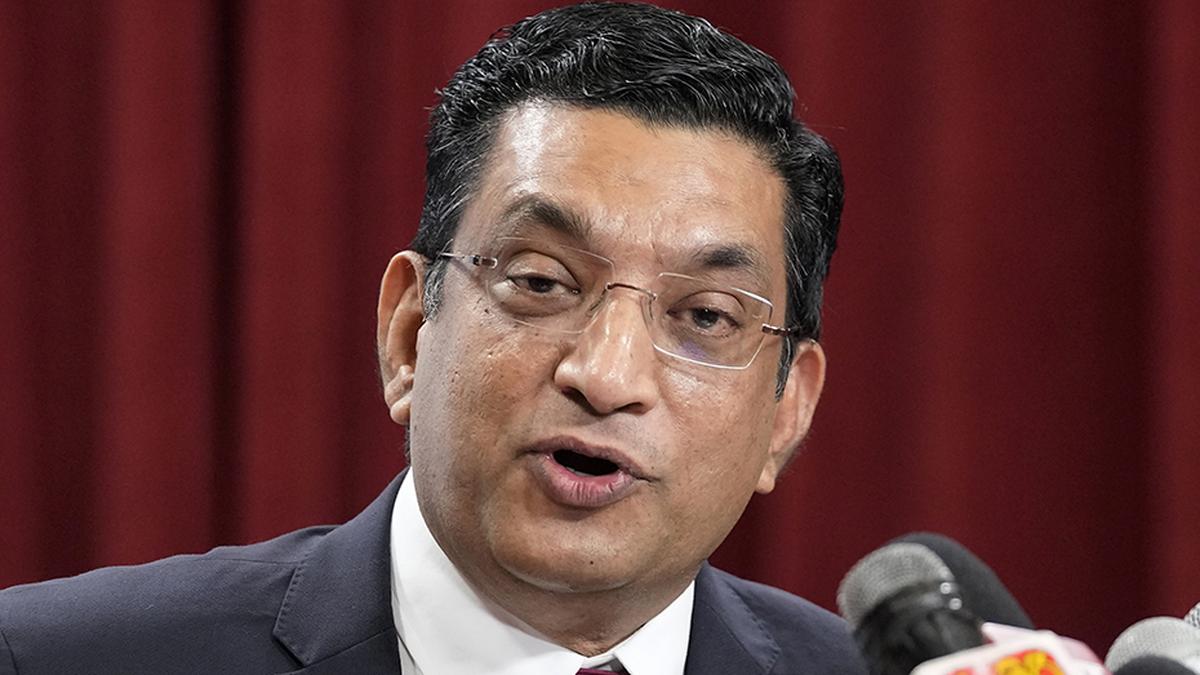
Sri Lankan Foreign Minister Ali Sabry.
| Photo Credit: AP
Sri Lanka sees no reason for re-opening talks on Katchatheevu that India gave up 50 years ago, Sri Lanka’s Foreign Minister Ali Sabry has said, in the first official reaction yet to the recent remarks of Prime Minister Narendra Modi and External Affairs Minister S. Jaishankar on the island.
“This is a problem discussed and resolved 50 years ago and there is no necessity to have further discussions on this,” he told a local news television channel on April 3.
Earlier, Colombo-based official sources told The Hindu that the Ranil Wickremesinghe administration refrained from commenting on the development, as it was a clash between two political parties in the run-up to elections. “The comments are about who was responsible for giving up the island to Sri Lanka, not about whose territory it is part of now. So, there is nothing for Sri Lanka to comment on, really,” an official said, requesting anonymity owing to the “sensitivity” of the issue.
Meanwhile some in Sri Lanka, including mainstream media and former diplomats, have slammed the remarks of Mr. Modi and Mr. Jaishankar, terming them a “provocation”.
Further, fishermen’s groups in northern Sri Lanka accused the Indian leaders’ of turning the spotlight away from the long-enduring conflict among fishermen of both countries. For several years now, they have voiced concern over the marine resources in the Palk Strait, seen to be depleting owing to overfishing by bottom trawlers used by Indian fishermen in Sri Lankan waters.
Even before the signing of the two agreements in 1974 and 1976 that sealed the territorial question of Katchatheevu, Sri Lanka’s position on the tiny island in the Palk Strait was unambiguous, according to Prof. V. Suryanarayan, Founding Director and Senior Professor (retired), Centre for South and Southeast Asian Studies, University of Madras.
In an in-depth two-part analysis of the history of the Katchatheevu dispute, published in Frontline magazine in 1992, he wrote about “New Delhi’s ambivalence”, contrasting it with successive Colombo governments’ “consistent stand” on the matter. According to Prof. Suryanarayan, a Sri Lanka expert, Prime Minister Dudley Senanayake told the House of Representatives that Ceylon’s position had always been that it had exercised effective control over the island. “Our claim is well-founded on historical facts,” the PM had said.

